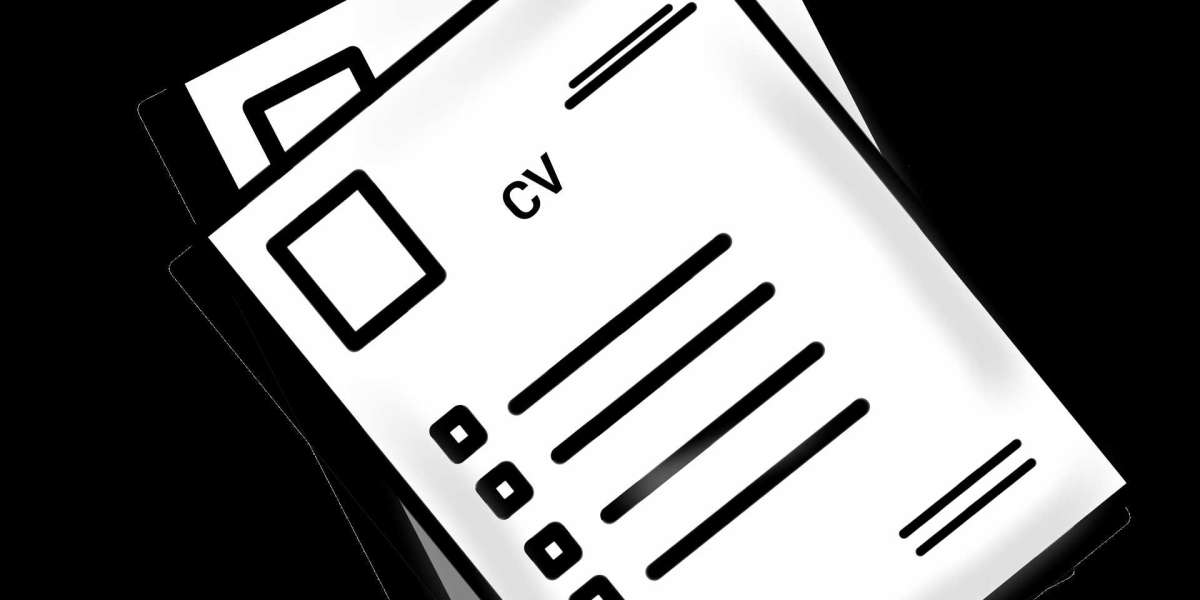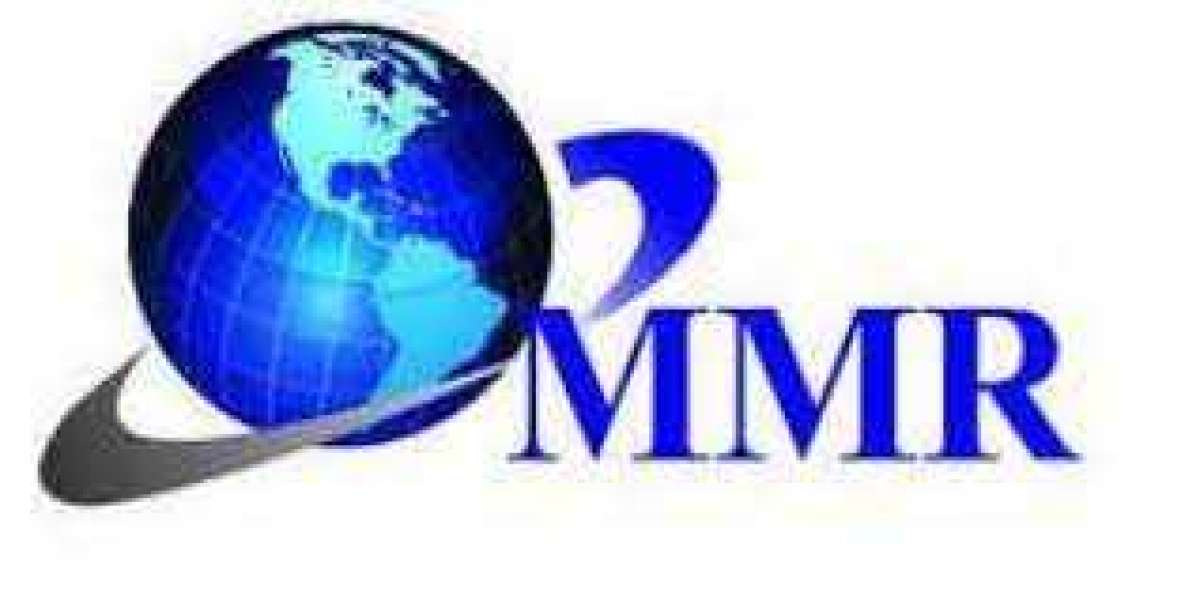Nudist massage has many benefits for the nervous system, including the production of feel-good hormones in the brain. It also lowers stress hormone levels. In one study from Cedars-Sinai Medical Center, a 45-minute massage reduced levels of arginine vasopressin, a hormone that constricts blood vessels and causes high blood pressure. Additionally, massage therapy has been shown to increase the production of white blood cells in the immune system, which aid in the defense against bacteria, viruses, and cancer.
Massage can also reduce pain. Massage reduces muscle tension and interferes with the brain's transmission of pain signals. Massage stimulates the vagus nervous, which connects the brain to the spine and internal organs. Massage also increases activity in the parasympathetic nervous systems. Elevated parasympathetic activity is associated with states of relaxation and "rest and digest," while elevated sympathetic activity produces an anti-inflammatory response.
Massage is a great way to relax and unwind after a stressful day. After a massage, the body naturally produces endorphins. These natural hormones stimulate healing, reduce swelling, speed up healing, and promote healing. Massage can also lower cortisol levels, which is responsible for aggression and stress. By reducing cortisol, massage allows the body to reach a balanced state. It is beneficial for those suffering from depression and anxiety.
Massage stimulates the central nervous system and the peripheral nerves in the skin. Massage stimulates the autonomic nerve system, which regulates involuntary activities like heart rate, blood pressure, and sexual arousal. Combining stimulation of the central nervous system with peripheral nerves creates a calming effect throughout the body.
Researchers examined the effects of connective tissue massage upon elderly subjects in one study. Although the results weren't conclusive, they were encouraging. The massage reduced heart rate and reduced blood pressure.
Massage and the Musculoskeletal System: The Effects
Massage can be beneficial to the musculoskeletal system, because it can reduce muscle tension and improve joint range of motion. It can also decrease the risk of injury because it helps the body retain nutrients, which helps the bones heal more quickly. Regular massage can improve your posture and balance, which can help prevent future injuries. Massage can improve your skin's health by stimulating the production sebum. This makes your skin soft and smooth.
Massage helps relieve stress because it increases parasympathetic activity in the body. This reduces cortisol levels, and strengthens your immune system. Massage can also improve symptoms of diseases and disorders. Massage can help with cramps during menstruation, which can cause tightening of the lower back muscles. It can even reduce pain associated with chronic diseases such as Parkinson's disease and Cerebral palsy.
Massage can improve a person's range of motion and reduce the muscle tightness associated with musculoskeletal disorders. The body often tightens muscles after an injury, in order to protect itself from pain. Massage can relieve this tightness by increasing blood circulation, reducing muscle tone, and improving muscle temperature.
The body's neuromuscular system is a network of nerves that connect to different parts of the body. These nerves are found in the skin and underlying fascia. They receive signals from the brain that tell them about changes in their environment. This can include changes in temperature, pain, pressure, and more. The muscle responds to a stimulus by either relaxing or tightening depending on what stimulus it was.
Massage also helps the respiratory system, reducing tension in respiratory muscles and promoting deeper breathing. It also increases the metabolism in the lungs. It reduces stress and anxiety. This in turn lowers the sympathetic nervous systems, which is what causes the "fight or flight", response.
Massage can also have a positive effect on digestion. It helps the body cleanse itself of toxins. It helps to reduce muscle tension which facilitates nerve feed to digestive organs. It also helps to relax the diaphragm, encouraging deeper breathing and gaseous exchange in the alveoli.
Effects of Massage on the Digestive System
Massage can have many benefits for the digestive tract. It improves digestion and stimulates the release of enzymes in the digestive tract. It can also help with symptoms of irritable stool syndrome. Massage therapy is also an excellent way to increase the circulation of blood and warm and relax the soft tissues in the body.
Massage also improves digestion by stimulating peristalsis, the natural contraction of circular muscular tissues that push food and other matter through the intestines. It can also help with constipation and diarrhea. Massage can also be used to relax the muscles of your digestive tract and ease premenstrual tension.
Massage helps improve the function of the kidneys and liver. It also reduces lactic acid and helps the muscles release built-up toxins. Massage also stimulates the diaphragm, which helps in breathing. It also encourages deeper breathing, which increases gas exchange in the alveoli.
Abdominal massage is beneficial for gastrointestinal health, especially when combined with all-over body massage. By stimulating the digestive system and improving circulation, it can help maintain gastrointestinal health for the long term. According to the Mayo Clinic, abdominal massage can relieve pain, improve digestion, and relieve stress.
A common complaint in intensive care units is malnutrition, and this is an important cause for concern. A healthy digestive system is essential for overall health and is responsible for 80% of our immune system. It keeps the body in good health. While over-the-counter remedies may help with digestion, a holistic approach to healing is the best.
Massage therapy is also beneficial for the urinary tract. Massage stimulates the lymphatic system, which removes waste products and toxins from the body. This system helps to pump more blood and reduce fluid retention. This results in a healthier heart and a better functioning digestive system. And massage is also beneficial for the nervous system.
Massage therapy also benefits the muscles. Massage can reduce cortisol levels, which helps to calm the mind and improve digestion. Massage therapy is a great way to relax and ease the discomfort caused by tummy problems.








